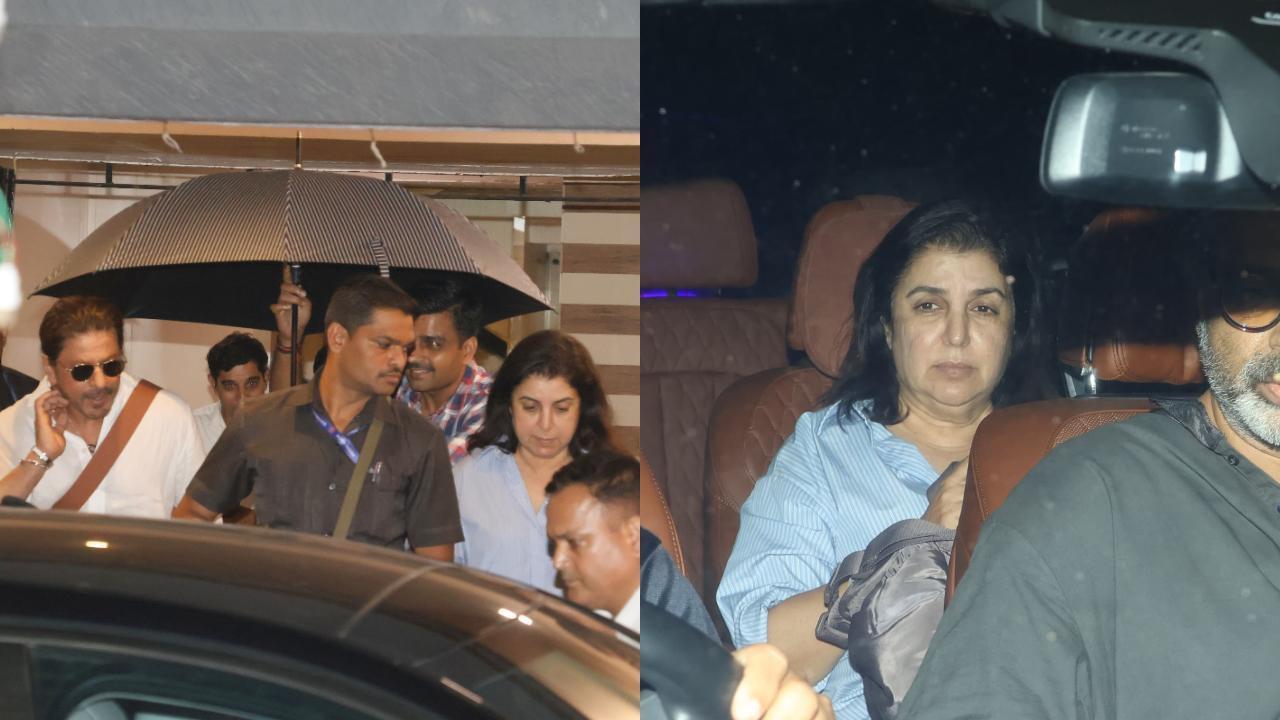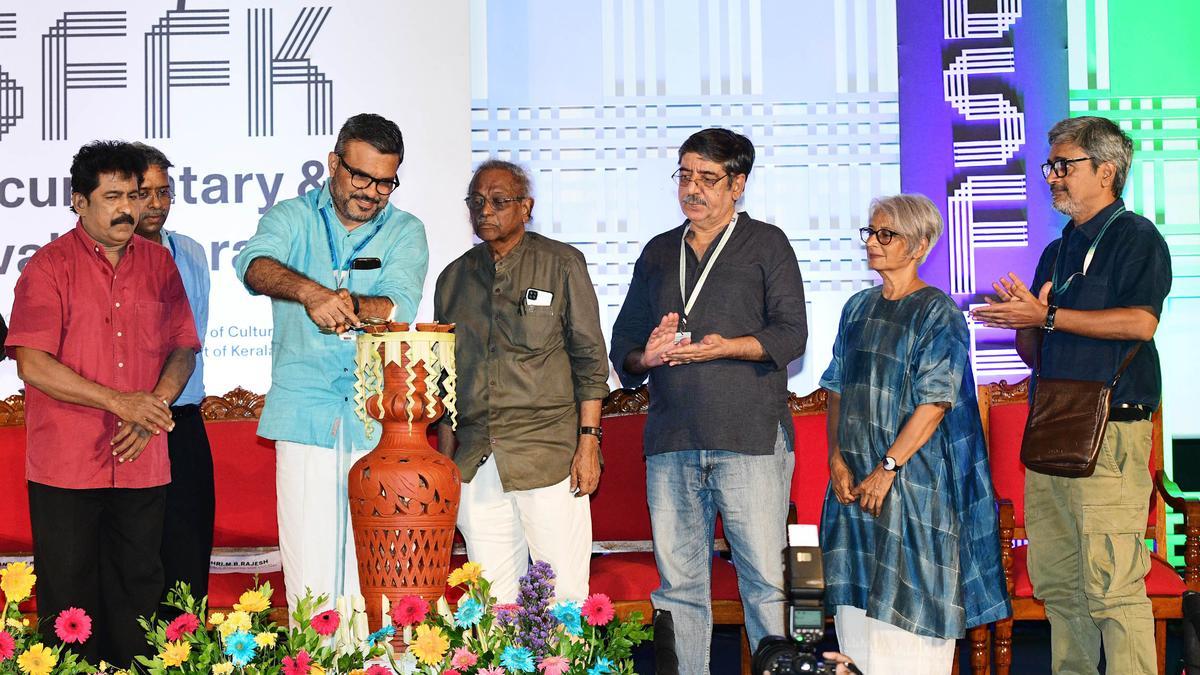
In a landmark decision that echoes through the annals of Mumbai’s criminal justice history, a special court has on Thursday convicted infamous gangster Chhota Rajan in the 2001 murder case of prominent hotelier Jaya Shetty. The verdict was delivered by Special Judge for cases under the Maharashtra Control of Organised Crime Act (MCOCA), AM Patil, who found Rajan guilty under Indian Penal Code provisions for murder.
Chhota Rajan, a name that has long been synonymous with Mumbai’s underworld, faced charges related to the brutal killing of Jaya Shetty, the owner of the Golden Crown Hotel, located in the bustling Gamdevi area of central Mumbai. The incident occurred on May 4, 2001, when Shetty was gunned down on the first floor of his own hotel, allegedly by two members of Rajan’s gang.
The court’s decision came as a significant development in a case that has seen numerous twists and turns over two decades. According to court records, Shetty had been facing relentless extortion threats from Rajan’s gang. The gangster, notorious for his widespread criminal activities, had marked Shetty as a target, making persistent demands for protection money.
In light of these threats, the local police had initially provided Shetty with security detail to ensure his safety. However, in a surprising turn of events, Shetty had requested the authorities to withdraw his police protection just two months before the fatal attack. This decision ultimately left him vulnerable to the brutal assault that claimed his life.
The courtroom was abuzz with anticipation as the special judge announced the verdict, holding Rajan accountable for orchestrating the murder. This ruling has crucial implications not only for the convicted gangster but also for the broader fight against organized crime in Mumbai.
The judge’s findings underscored the gravity of the crime and the calculated manner in which it was executed. The two alleged gunmen, acting on the behest of Rajan, infiltrated the hotel premises and carried out a cold-blooded assassination that sent shockwaves through the community.
As legal proceedings continue, the court is expected to deliberate on the quantum of punishment for Rajan later in the day. Legal experts speculate that this decision could either involve a life sentence or even the death penalty, given the heinous nature of the crime and Rajan’s extensive criminal history.
Rajan’s conviction on Thursday marks a crucial victory for law enforcement agencies and the judicial system, which have been striving to combat the deep-rooted organized crime network in the city.
. This verdict sends a resounding message to other criminal elements that the law remains steadfast in its pursuit of justice.
The case had garnered significant media attention over the years, with numerous delays and legal maneuvers prolonging the proceedings. However, today’s verdict represents a pivotal moment, offering a semblance of closure to Shetty’s family and the broader community that had been rattled by the tragedy.
In the aftermath of the verdict, reactions poured in from various quarters. Legal experts hailed the ruling as a testament to the efficacy of the legal process and the relentless efforts of law enforcement agencies. They emphasized the need for continued vigilance and proactive measures to curb organized crime in the city.
Members of the hospitality industry also expressed relief at the court’s decision, recognizing the profound impact that Shetty’s murder had on their community. They acknowledged the challenges faced by hoteliers operating in a climate rife with extortion and intimidation from organized crime groups.
Chhota Rajan, whose real name is Rajendra Sadashiv Nikalje, has been a prominent figure in Mumbai’s criminal underworld for decades. His involvement in a myriad of criminal activities, including murder, extortion, and smuggling, has made him one of the most feared gangsters in India.
The road to justice has been long and arduous, with numerous individuals and institutions playing pivotal roles in ensuring that Rajan faced the full extent of the law. The concerted efforts of law enforcement agencies, diligent prosecution, and the unwavering determination of Shetty’s family have culminated in today’s historic verdict.
As the court prepares to pronounce the final sentence, the focus shifts to the broader implications of this ruling. It serves as a reminder that justice, though sometimes delayed, is never denied. The conviction of Chhota Rajan stands as a testament to the resilience of the legal system and its commitment to upholding the rule of law.
Moving forward, the challenge remains to further strengthen the mechanisms in place to combat organized crime and to protect law-abiding citizens from the threats posed by such nefarious elements. Today’s verdict is a significant step in that direction, heralding a new chapter in the ongoing battle against the criminal underworld in Mumbai.










